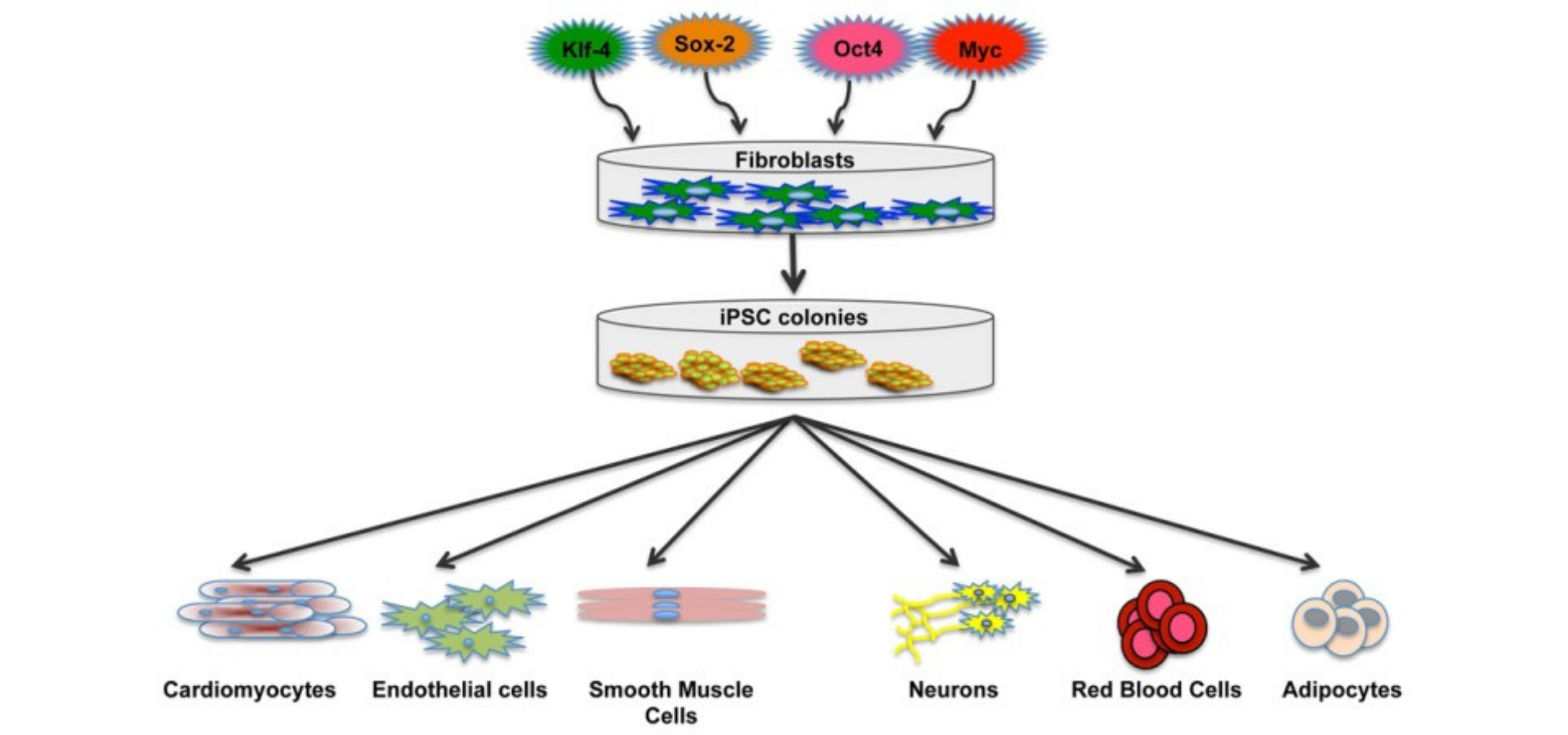Yamanaka Shinya
Oct 14, 2020 | 1 min read

Oct 14, 2020 | 1 min read

This week's Sciensation is the Nobel Laureate of 2009, Dr. Yamanaka Shinya, is a Japanese physician and researcher who obtained his MD in 1987 at Kobe University and trained as an orthopaedic surgeon before switching to basic research. He
developed a revolutionary method for generating stem cells from existing cells of the body. In 2006, he succeeded in identifying a small number of genes within the genome of mice that proved decisive in this process. When activated, skin
cells from mice could be reprogrammed to immature stem cells, which, in turn, can grow into different types of cells within the body. The name ‘Time Traveller’ comes from the fact that the cells go back in time to form the pluripotent stem
cells all thanks to the genius of this great man.
Stem cells are cells that do not yet have a specific role and can become almost any cell that is required. They are undifferentiated cells that can turn into specific cells, as the body needs them. Embryonic Stem cells, with the right
stimulation can become blood cells, skin cells, and all the other cell types that a body needs.
The method for reprogramming the stem cells involved inserting specific genes into the nuclei of adult cells (e.g., connective-tissue cells), a process that resulted in the reversion of cells from an adult state to a pluripotent state. As
pluripotent cells, they had regained the capacity to differentiate into any cell type of the body. Thus, the reverted cells became known as induced pluripotent stem (iPS) cells.
Dr. Yamanaka focused on factors that are important for maintaining pluripotency in embryonic stem (ES) cells. Knowing that transcription factors were involved in the maintenance of the pluripotent state, he selected a set of 24 ES cell
transcriptional factors as candidates to reinstate pluripotency in somatic cells out of which they found that 4 transcriptional factors (Myc, Oct3/4, Sox2 and Klf4) were sufficient to convert mouse embryonic or adult fibroblasts to
pluripotent stem cells. These factors were later on known as Yamanaka factors.

Figure. Yamanaka factors (Oct3/4, Sox2, Klf4, c-Myc) are highly expressed in embryonic stem (ES) cells, and their over-expression can induce pluripotency in both mouse and human somatic cells, indicating that these factors regulate the developmental signaling network necessary for ES cell pluripotency.